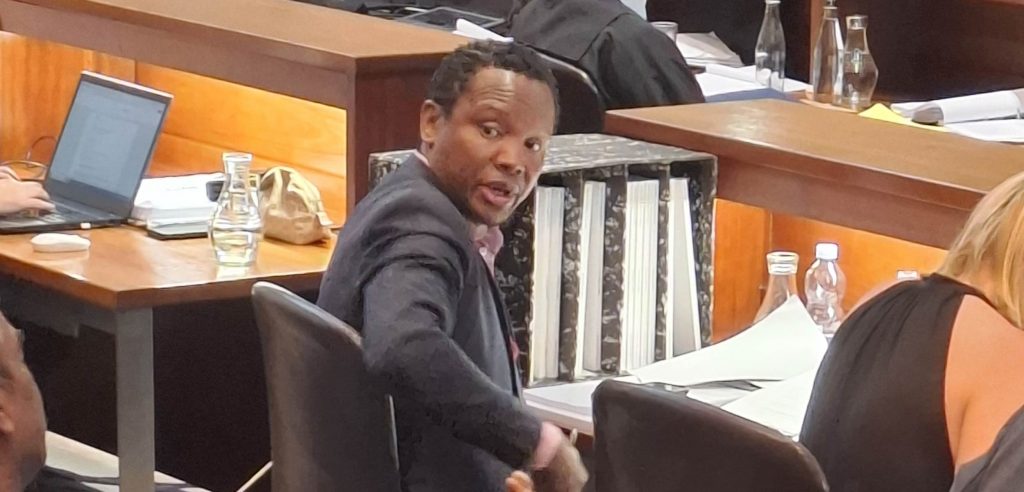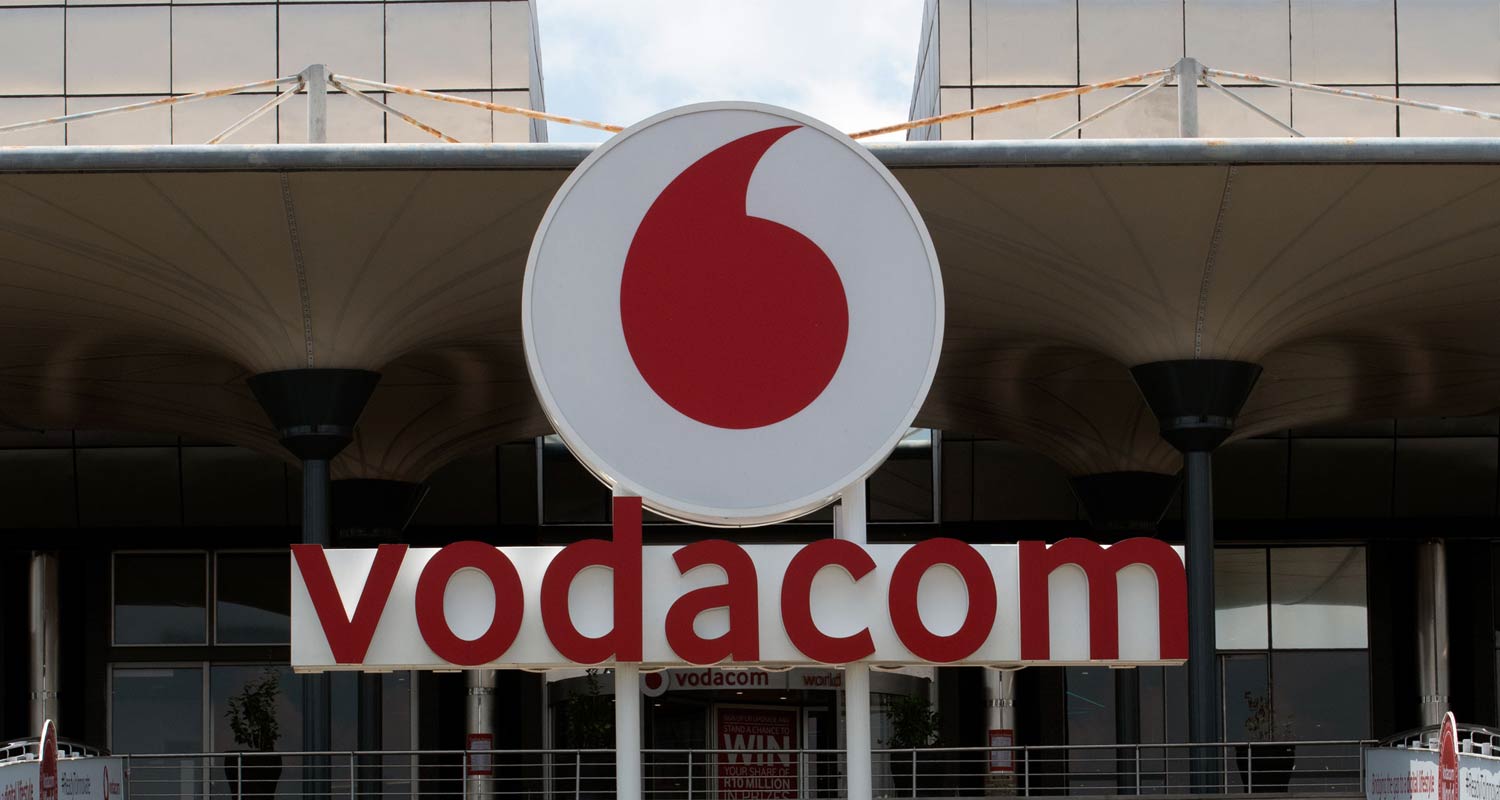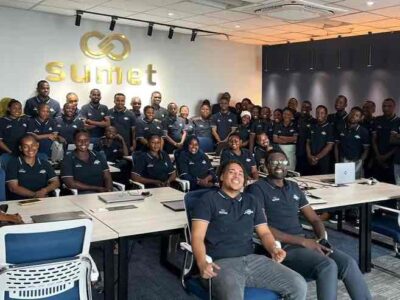
Nkosana Makate’s legal team has slammed arguments by Wim Trengrove, legal counsel for Vodacom, that the value of the “please call me” (PCM) idea was diluted by rival operator MTN’s launch of a similar product ahead of Vodacom in 2001.
Speaking on behalf of Makate at the constitutional court on Thursday, legal counsel Scott Stuart said Vodacom took an “about-turn” regarding the PCM invention, at first celebrating Makate for the innovation but then making all attempts to devalue it thereafter.
“It is 24 years ago to the day, on 21 November 2000, that Makate submitted his memo for the ‘please call me’ idea to Vodacom – Makate was 24 years old at the time,” Stuart said.
It is 24 years ago to the day that Makate submitted his memo for the ‘please call me’ idea to Vodacom
“Vodacom described it as a world first and celebrated Makate for the idea, which has been described as one of the five best African ideas, comparable to Google – it wasn’t just a brilliant idea, it is one of the most brilliant ideas that have ever been.”
Stuart said that in Vodacom Group CEO’s Shameel Joosub’s determination of value, wherein he outlined the amount Makate ought to be paid for the PCM invention, the word “MTN” only appeared twice, with neither of those instances referring to MTN’s Callme service that Tremgrove claimed in court earlier on Thursday diluted the value of the PCM invention.
Joosub, in his determination of value, had to calculate the total revenue amount from which Makate’s portion as a reward for the invention would be calculated. In performing the calculation, Joosub excluded responses to PCM requests from contract customers or customers outside of the Vodacom network.
Cost to Vodacom
Stuart said it is important to keep in mind what the purpose of the PCM invention was in the first place: to generate revenue from subscribers with the means to make calls by allowing those subscribers who did not have those means to request a call to be dialled.
“Customers without airtime could not communicate; they could not send or receive calls. These customers could not generate any revenue for Vodacom, but … they also cost it money because the handset still needed to connect to Vodacom’s towers and Vodacom had to allocate bandwidth for these customers, who did not have any money and couldn’t receive any calls,” said Stuart.
Read: Vodacom to fight latest ‘please call me’ judgment
According to him, about 40% of Vodacom’s customers at the time of the PCM invention fitted the profile he described, saying PCM allowed Vodacom to derive income from this segment.
He said it did not matter whether those requested to make calls were prepaid or contract subscribers because PCM generated traffic from both segments. He argued that it was therefore unreasonable that Joosub performed a “wholesale exclusion” of the post-paid customer base in his determination.
 Joosub also excluded the interconnection fees that Vodacom would have earned from PCM requests made to customers outside of its network. Joosub described this income as insignificant, but Makate’s team said it was a “fundamental error” because interconnection fees are an important revenue stream for mobile operators.
Joosub also excluded the interconnection fees that Vodacom would have earned from PCM requests made to customers outside of its network. Joosub described this income as insignificant, but Makate’s team said it was a “fundamental error” because interconnection fees are an important revenue stream for mobile operators.
Another matter of contention in the price determination regarded the period used to determine Makate’s compensation. Vodacom initially suggested a five-year period. Makate’s legal team, on the other hand, argued that Vodacom to this day makes revenue from PCM, meaning the period used should be indefinite.
A 21-year period was previously discussed, and Makate’s legal counsel said the decision to compromise on an 18-year term worked in Vodacom’s favour, benefiting the mobile operator to the tune of R700-million.
Eight years later I am here … again. I hope we are not going to be back here in another eight years
In an earlier presentation, Vodacom’s legal team argued that it did not get a fair hearing at the supreme court of appeal and that the matter should either be taken back to that court for review or the appeal court’s judgment be overturned by the constitutional court.
Makate’s team suggested Vodacom may be using delaying tactics that may lead to the matter being held up in the courts for years to come.
“Eight years ago, I worked on this matter as a pupil under [senior counsel] Steven Budlender, who presented to this [constitutional] court. Eight years later I am here speaking to this matter again. I hope we are not going to be back here in another eight years,” said Stuart. – © 2024 NewsCentral Media
Get breaking news from TechCentral on WhatsApp. Sign up here
Don’t miss:
‘Please call me’ battle – Vodacom vs Makate in court as final showdown begins











Comments